TOW N



OUR history has shaped our current land dispensation and has influenced how courts have balanced landlord and tenant rights during the eviction process. Magistrates and judges have, since the advent of democracy, acted pro-tenant in a plethora of eviction cases – and perhaps rightfully so, says Chagan.
However, what does this mean for a landlord who is by no means exempt from protection?
Understanding the eviction process is crucial to protecting the landlords’ rights and managing their property effectively.
The firm answers several questions on the process.
Q When may you evict?
A A landlord can initiate the eviction process only if the tenant is in illegal occupation of the property, which will follow the cancellation of the lease agreement. Reasons can include a breach of any of the lease clauses, for example the non-payment of rent, or simply by expiry of the lease term. It’s crucial to establish that there are in fact valid grounds to cancel the lease and, accordingly, to evict under
the Prevention of Illegal Eviction from and Unlawful Occupation of Land Act (PIE Act), before commencing the process.
Q Should notice be given prior to cancellation?
A In the case of breach, depending on the wording of your lease agreement and before initiating legal proceedings, landlords are generally required to provide written notice to tenants, outlining the reasons for their breach and allowing them a reasonable opportunity to rectify the issue – if possible.
The exact notice period should be set out in the lease agreement. Should the breach not be remedied, then the lease may be cancelled. Accordingly, if the tenant does not then vacate voluntarily, eviction proceedings may then be instituted by way of a formal court application under section 4 of the PIE Act.
Q Are there ways to resolve this without engaging in the eviction process?
A Mediation provides a costeffective, private and less painful pathway through which landlords
 BY KABIR CHAGAN OF C&A FRIEDLANDER ATTORNEYS
BY KABIR CHAGAN OF C&A FRIEDLANDER ATTORNEYS
and tenants can resolve their grievances – in a way that is amicable and efficient.
While the process is voluntary, section 7 of the PIE Act does provide for this useful, yet scarcely used mechanism. It stipulates that any party may request that the municipality (in cases where the municipality are not the landowners themselves) appoint one or more persons with the relevant expertise to attempt to mediate and settle any dispute in terms thereof.
If done successfully, and where the relevant municipality takes a hands-on approach, the parties can bypass the long-winded and frustrating court process that an eviction application would bring.
Q What if mediation is futile/not possible?
A If an agreement cannot be reached, or if the tenant fails to comply with the landlord’s notice to vacate, the landlord may proceed with bringing an eviction application in the relevant court. The application must contain the necessary evidence to support the grounds for an eviction under the PIE Act. It is essential that all procedural
requirements are met, and legal documentation prepared accurately.
Q What do the courts consider in relation to tenants’ rights?
A During the court proceedings, tenants have the right to defend themselves and present their case. Tenants often cannot afford to appoint an attorney but will be offered the option of getting legal representation through Legal Aid South Africa (an organisation that provides free legal services for those who qualify).
Judges and magistrates will consider all the relevant circumstances, such as the tenant’s right to housing and the needs of vulnerable individuals or families, with the ultimate goal of determining whether it would be just and equitable to grant an order of eviction.
It is thus imperative to follow due process and ensure that there is just cause for bringing an eviction application, as the courts are often inclined to grant in favour of tenants who bring a valid defence, –especially in cases where they have occupied the land for longer than six months.
Understanding the eviction process is crucial to protecting the landlords’ rights and managing their property effectively.
PICTURE: GUSTAVO FRING/ PEXELS
Q How long does a landlord have to wait to get a final order of eviction?
A Due to various factors, eviction cases generally take a significant amount of time. The eviction process is, unfortunately, not clear-cut. It takes time, it is not cheap, and there are myriad factors at play.
Q How can a landlord mitigate the risk of proceeding with an eviction?
A Implementing a comprehensive screening process of prospective tenants; properly considering deposit requirements; considering third-party surety; ensuring that lease agreements are concise, comprehensive and well-drafted; performing regular property inspections; promptly responding to breaches made by the tenant; and collaborating with the authorities, such as the municipality or South African Police Service when you encounter problematic tenants.
The article is a general information sheet and should not be used or relied on as legal or other professional advice. Always contact your legal adviser for specific and detailed advice
South Africa has a complex history of land rights, more specifically when it comes to land dispossession
Mnculwan says room rentals have also catalysed heaps of challenges for landlords and tenants alike – the very people looking to benefit from the boom.
BY VIVIAN WARBYABOOMING township property market has the potential to reinvigorate the economy, and is providing property entrepreneurs with vast opportunities to succeed, especially in the township rental market.
The size of the approximate R1 billion informal back room rental market across South Africa’s townships stands at about five to eight million rooms and is growing every year as the rental market bounces back after a Covid–induced slump.
It’s hard to get exact figures given the informal nature of the business but those numbers are about as close as you will get, says Modicai Mnculwan, the owner of RoomKing.co.za, a new online platform that seeks to formalise the market by connecting landlords and tenants in the townships through a secure, safe and centralised online platform.
Mnculwa, who believes townships, particularly township property, could be one of the biggest sources of growth for the country’s economy, says people rent out accommodation that ranges from shacks to multistorey apartment blocks.

RoomKing, his latest innovation, seeks to formalise the rental market and provide a win-win situation for both tenant and landlord.
The informal room rental business began to boom just prior to the pandemic of 2020 and 2021, with a new generation of property entrepreneurs and micro-developers emerging in the townships and building low-cost rental accommodation to let.
The business was dubbed backyarding 2.0, or small-scale rental housing, by the Development Action Group (DAG), a leading non-profit organisation that seeks to deepen democracy by working as a facilitator of change in South Africa’s urban development arena. Why backyarding 2.0?
Because it takes the township backyarders to a new level of bricks and mortar as opposed to shacks in the backyard.
While micro units were being erected fast and furiously in the city centres in places such as Cape Town from 2019, they were also going up in the townships (although largely unregulated), a development trend that has remained in the country.
According to the DAG, developments in the townships include up to 10 units and are often double-storey, varying in size from about 10m² to about 40m². Rents range between R1 500 and R3 000 upwards.

The units mostly service gap market dwellers – those who earn between R3 500 and R15 000 a month.
The DAG says small-scale rental housing is certainly changing the character of South African cities and helping to solve the accommodation crisis.
On the plus side, homeowners and micro-developers are investing large sums of money in better quality brick and mortar flats, according to research published by the DAG and written by Dr Andreas Scheba, Prof Ivan Turok and Claire du Trevou.
“Brick by brick, these units are altering the physical fabric of townships and providing sought-after affordable rental units which neither the public nor the conventional private sector supply,” the study says.
“Small-scale rental housing offers wideranging public benefits and significant opportunities to spur a post-Covid economic recovery, however the informal and unregulated character of the market poses some risks.”
They believe that the formalisation and development of the township backyard rental market could have economic spin-offs that would revitalise the township economy, and ensure safe and humane accommodation.
For one, the sector operates largely on verbal agreements and the entire business of backyarding and informal rental rooms relies on word of mouth. It is also scattered on various online platforms making the hunt for living spaces, and reliable and trusted tenants in the townships, a difficult and often unsuccessful one.
“This may not appear to be a serious rental dilemma at first, however, the users on these platforms are unverified. This has the potential to bring about unwanted safety risks to both landlords and tenants – not to mention the dangers that may arise in this cash-dominated industry.”
Mnculwan, 34, who has successfully been in property management for well over a decade, says he “was looking for something new and exciting within the property space”.
“Being a community man, I love kasi and solving kasi problems,” he says.
“I was helping my sister build and rent out her rooms in Alex and Lyndhurst in Gauteng. The process was frustrating and chaotic and interfering with my day-to-day job. And that’s how the idea of RoomKing was born,” he says.

He first tried out his online platform, which linked verified rooms with verified tenants, on his family who were part of the landlords who were renting out rooms. When he saw the successful 100% occupancy rate they were getting, he took it to a wider audience and now lists more than 3 500 rooms.
The platform, he says, seeks to formalise the township room rental market with a winwin situation for landlord and tenant.
Informal back-room renting has always been challenged with lack of financial recording and payments, as well as the dangers that arise from carrying cash, he says. Poor financial control and issues surrounding credit history are common, and landlords are often unable to effectively expand and formalise their back-room businesses.
Switching to digital/online rental payments directly impacts the growth of back-room businesses in townships,
says Mnculwan.
“Landlords will be able to meet the requirements to receive funding based on rental income history and feel empowered to expand their businesses.”
On the tenant side, the downside sees landlords charging prospective tenants for room viewings in an effort to boost income. Subsequently, a once-affordable rental process tips over to the more expensive side of the scale and steers tenants away from finding their ideal living space. This is made null and void with the platform.
“I am continuously looking toward building and improving the rental process for landlords and tenants, and believe formalising the back-room business could bring huge benefits for the people of South Africa’s townships,” says Mnculwan.
RoomKing.co.za is one of the many businesses that have sprung up from the township property market. For instance, the Gauteng department of economic development has partnered with Indlu Living to help township landowners unlock the earning potential of their properties by building residential property rental businesses.
Another entrepreneur who has jumped onto the success of the market is Lindo Mnisi who, in 2020, started a side hustle called After12, where he began building rental units in townships.
It was there that he realised the townships were lacking hardware stores close by. That was when he began his business, Andura Hardware, bringing the tools of the trade to the doorstep of the property entrepreneur.
2021 SA Property Investor Network’s Property Investor of the Year Darren Francis has highlighted the affordable market, particularly in the townships, as the market to watch in 2023/2024.
No doubt, this is a boomtown that South Africa, beset by high interest rates, load shedding and an economy in distress, needs right now.

The sector is providing opportunities and creating a new group of successful kasi entrepreneurs who are spotting and filling the gaps
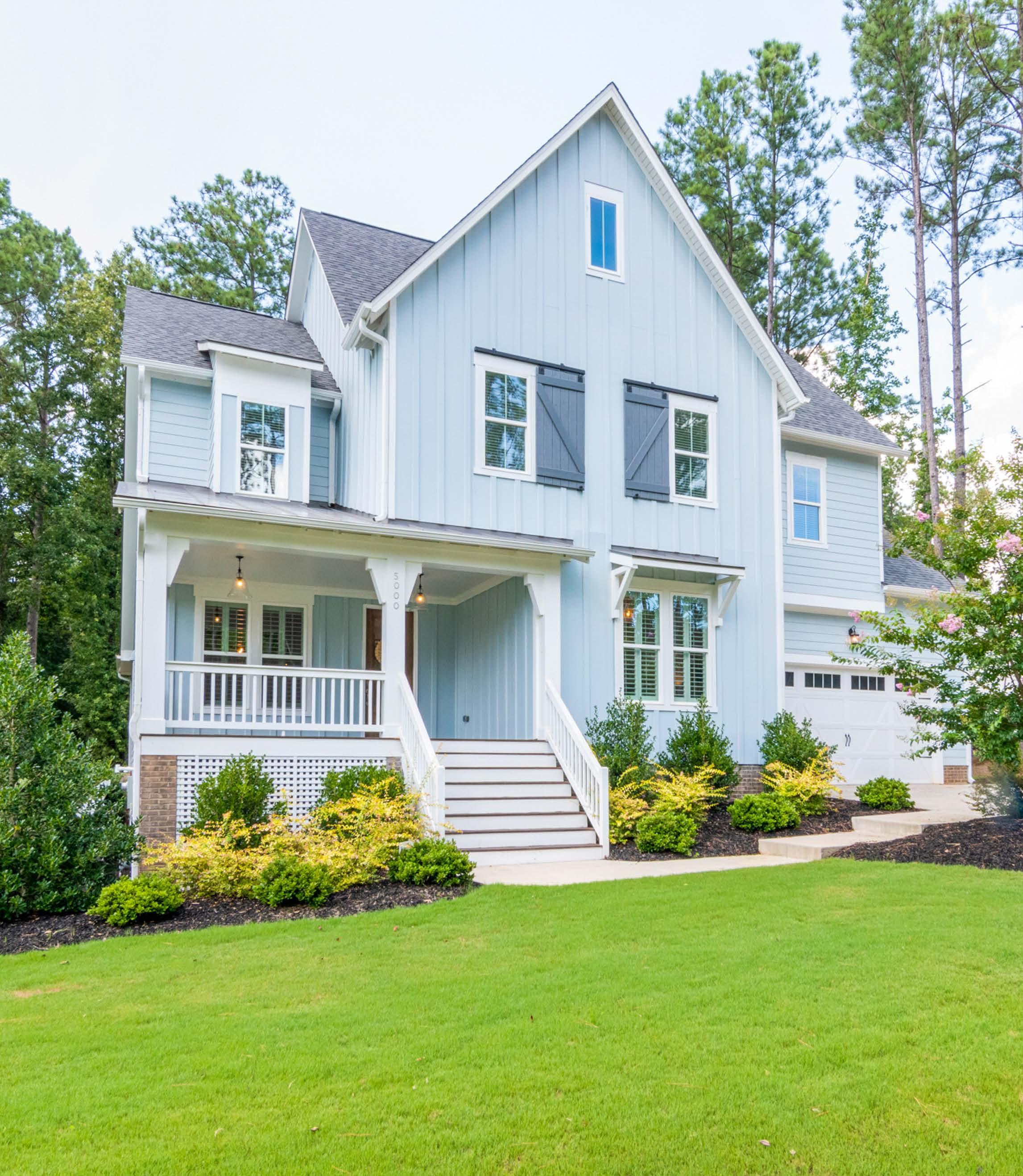


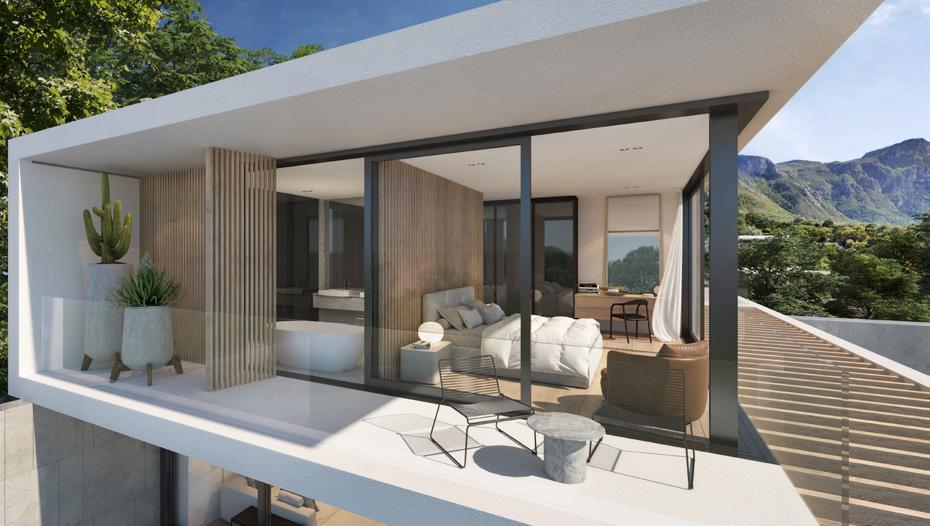






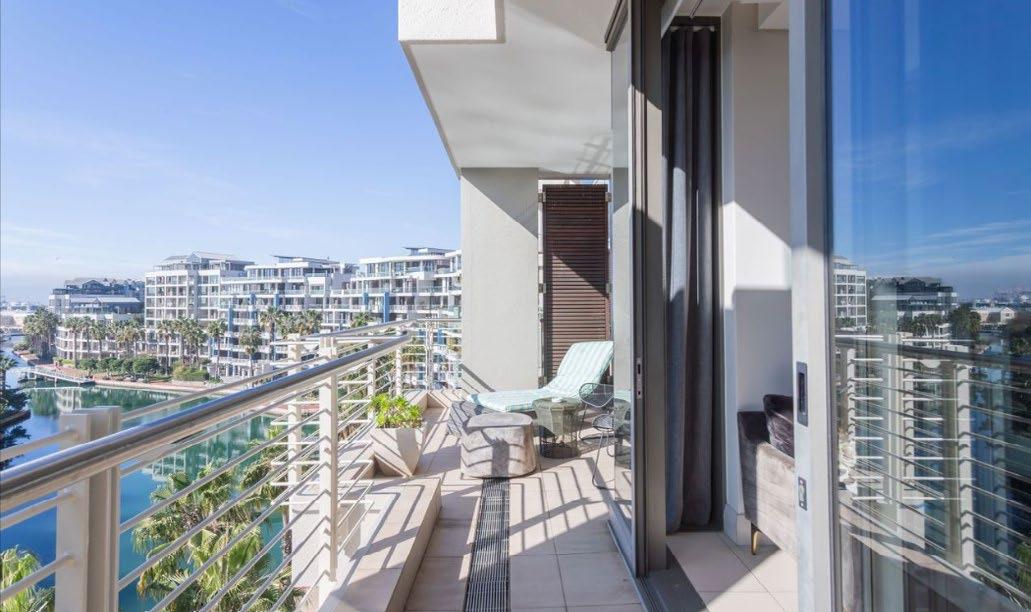

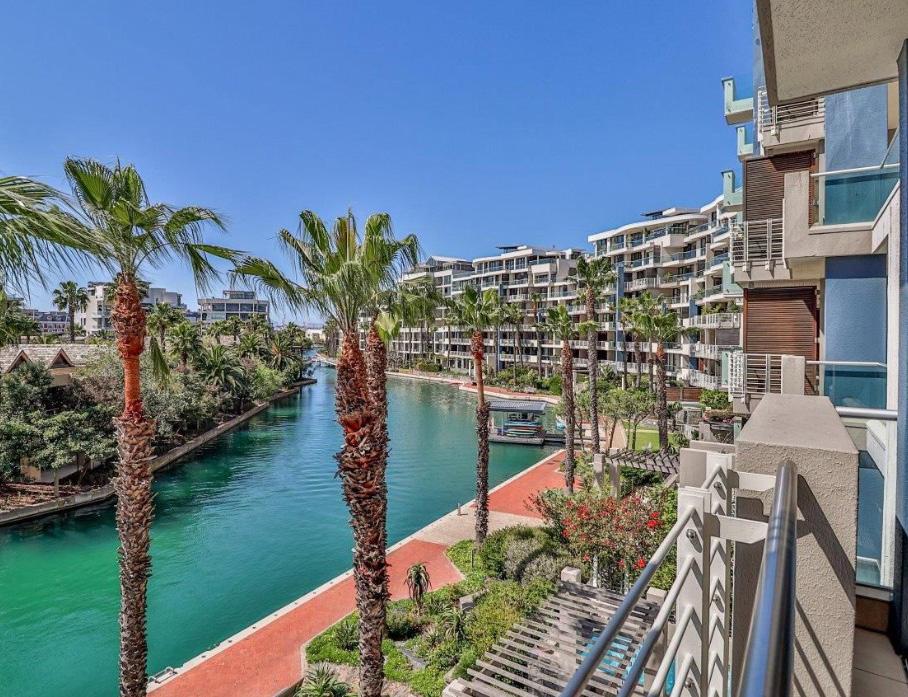
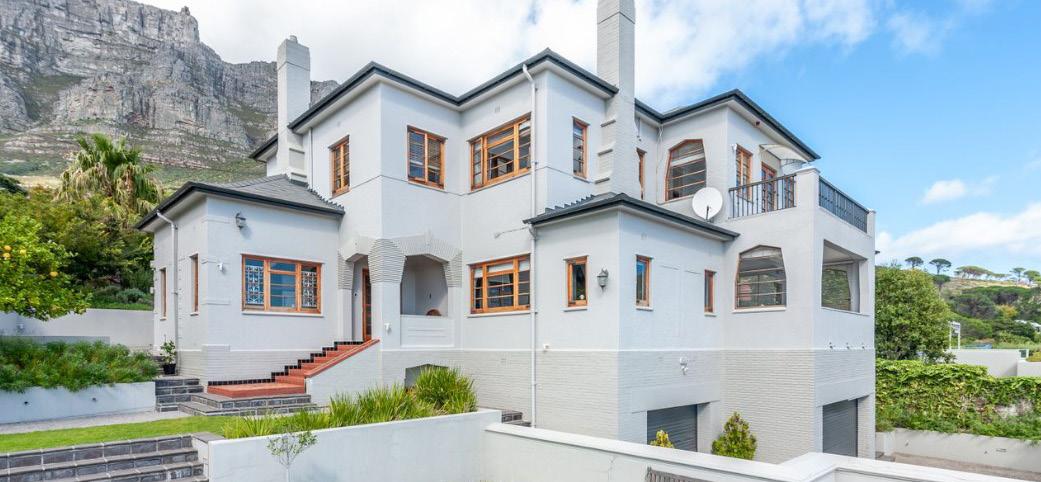
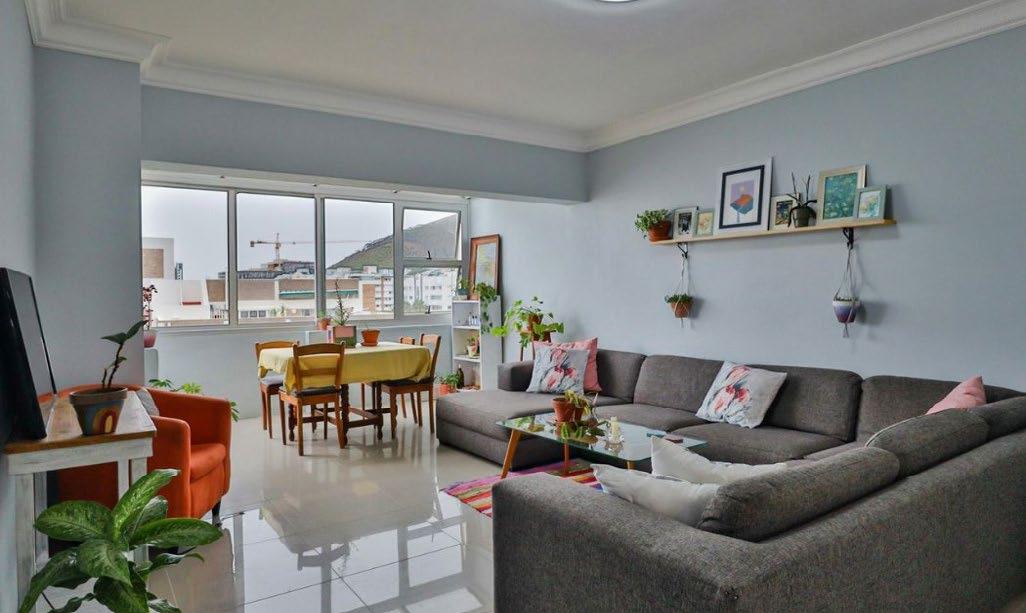

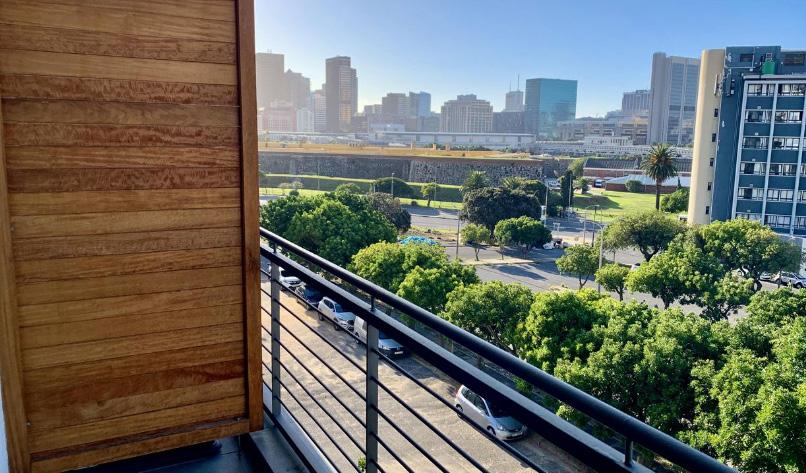









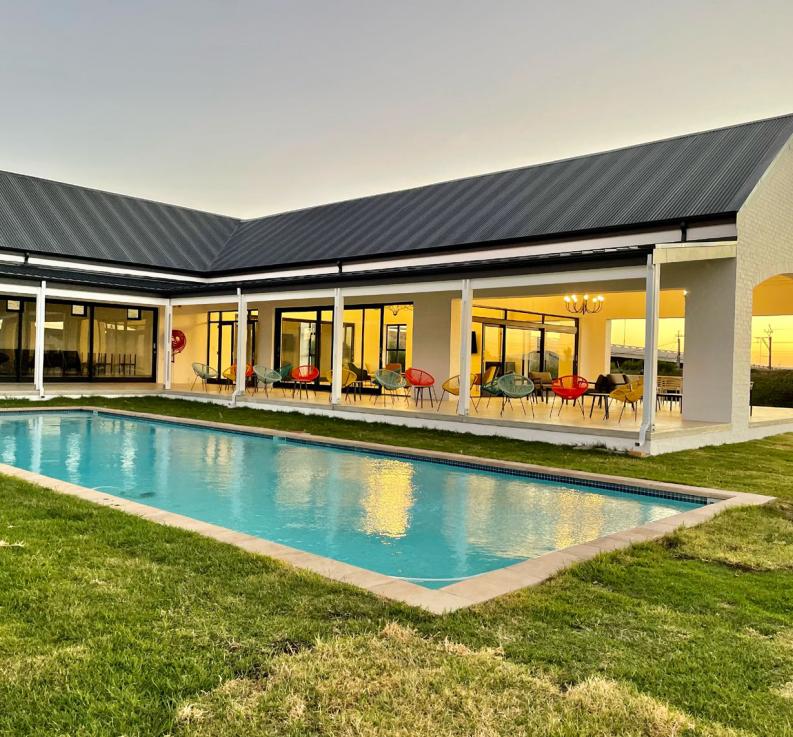
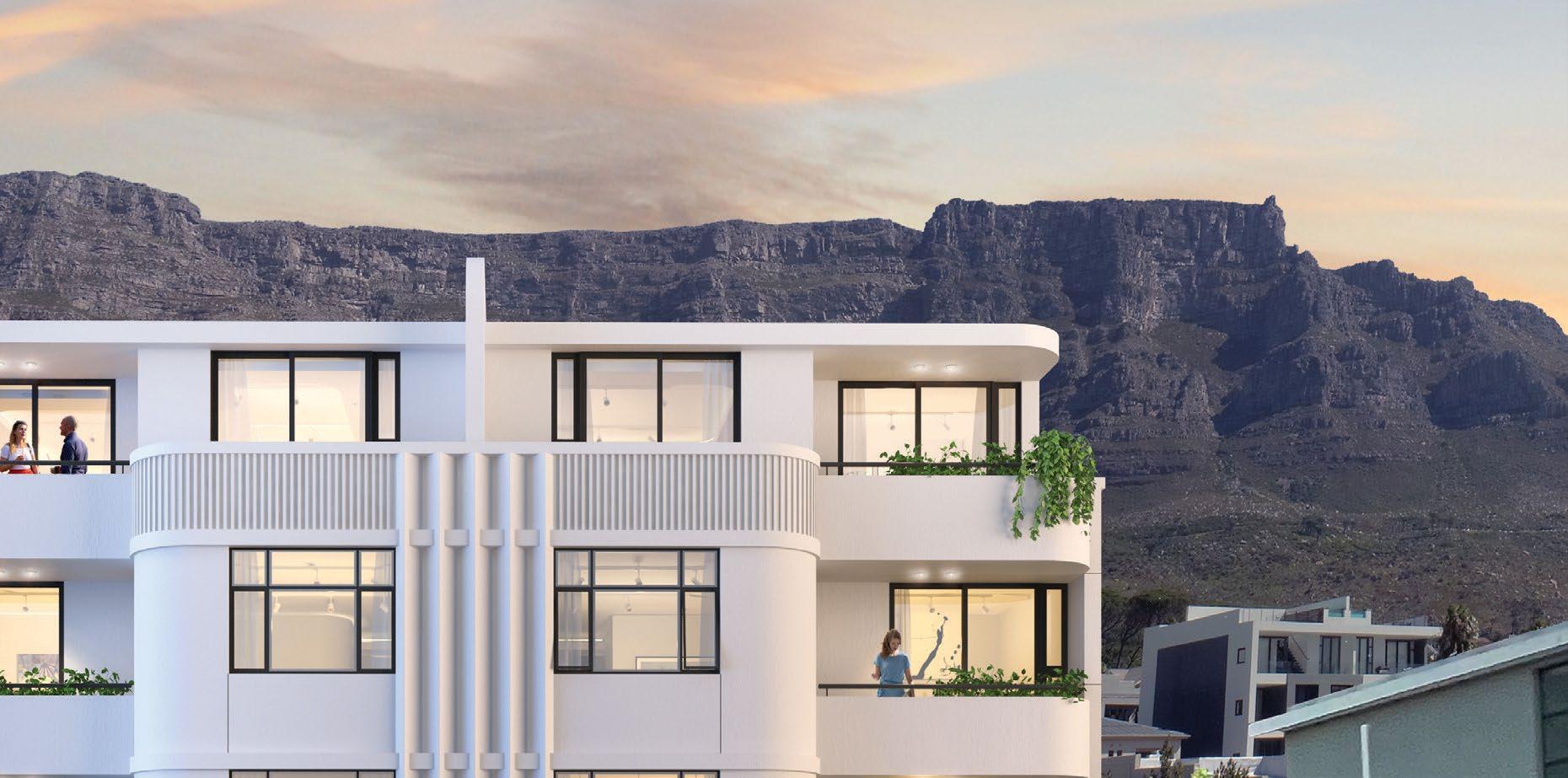

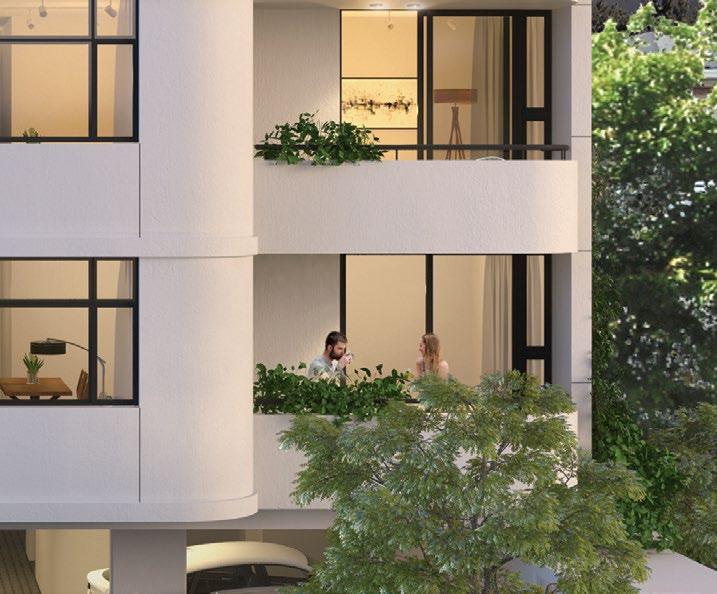
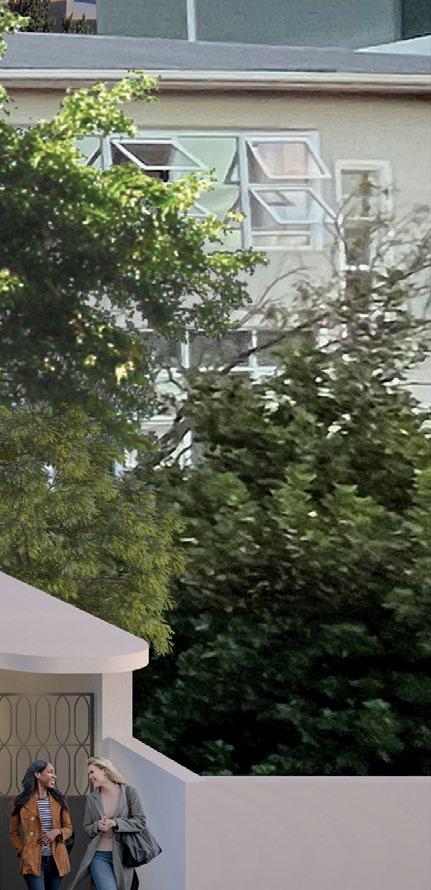









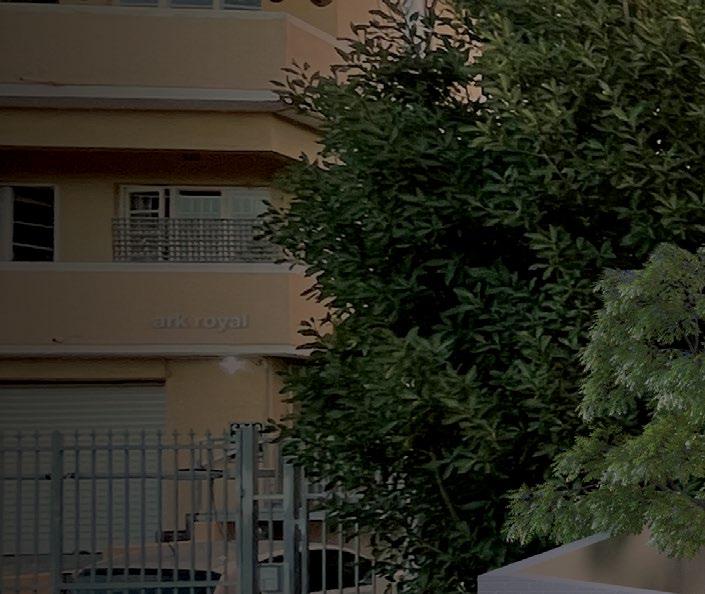

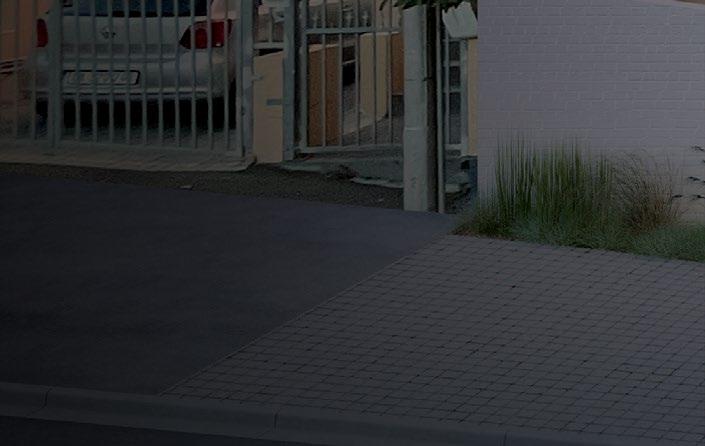




















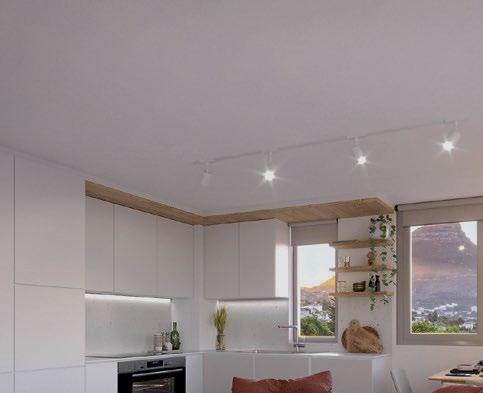

















































































R 1 295 000
2 BEDROOMS | 2 BATHROOMS

SPACIOUS APARTMENT IN DIEP RIVER.

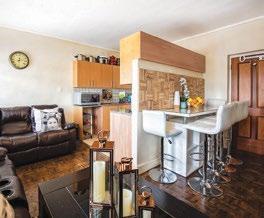
2 bedroom 2 bathroom apartment in Clarewood, Diep River, a short walk to the station, Martins Bakery and other local amenities, above the railway line.
• Fitted kitchen with electric oven, hob and extractor and plumbing for washing machine.
• Open-plan lounge with parquet flooring
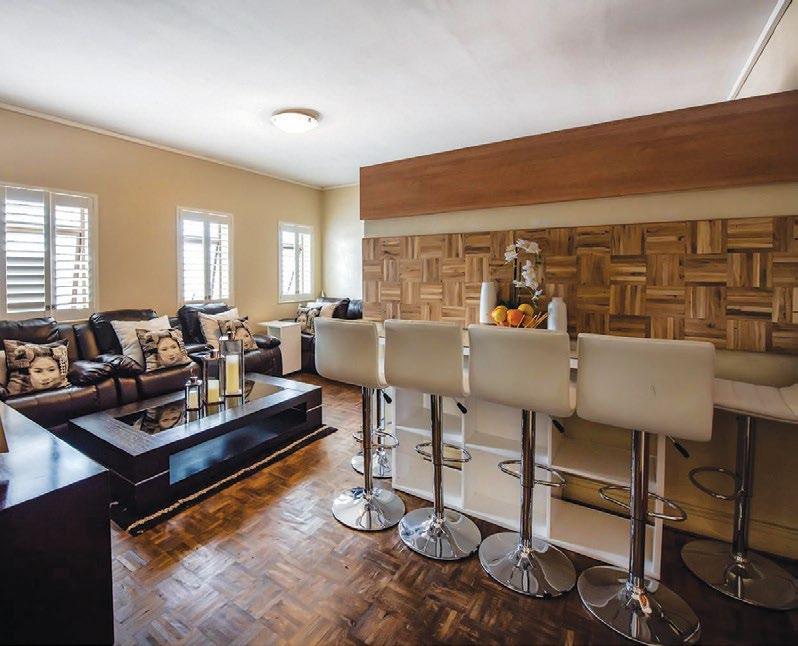
•Two double bedrooms with an en-suite bathroom complete with bath and shower. • Covered Parking bay. • Prepaid electricity
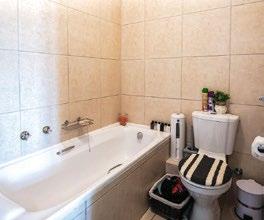
ERF: 1471m2 | HOME: 70m2 | RATES: R 450 p/m | LEVIES: R 1500 p/m
PLEASE CONTACT: Collin Mbiriri on 071 879 8564 or email cmbiriri@gmail.com or mmnyandoro@gmail.com


DOGON GROUP PROPERTIES
Atlantic Seaboard Office 021 433 2580
thekings@dogongroup.com
www.dogongroup.com
RHONDA RAAD PROPERTIES
Cape Town Office 082 448 7795
Email: rrpsales@mweb.co.za
www.rhondaraadproperties.co.za

ASKA PROPERTY GROUP
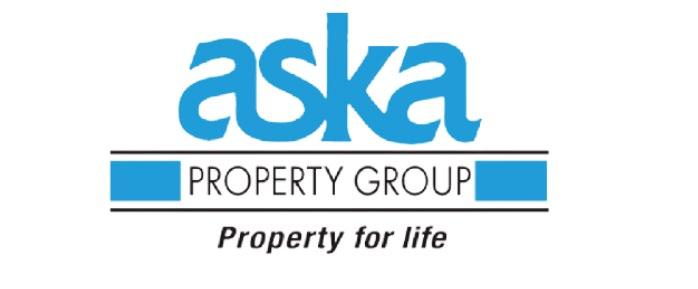
Sandown, Milnerton Estates
Office 071 604 8493
Email: corlia@aska.co.za
www.askaproperty.co.za
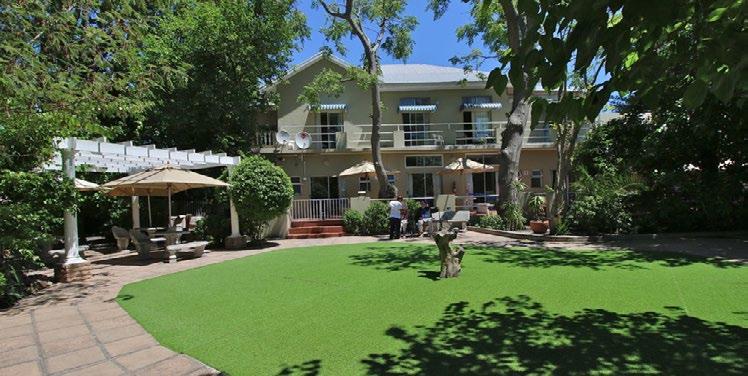
DOGON GROUP RENTALS
Sea Point Office 021 433 2580
enquiries@dogongroup.com
www.dogongroup.com
DE PLATTEKLOOF
Cape Town 060 960 0100
Email: live@deplattekloof.co.za
www.deplattekloof.co.za
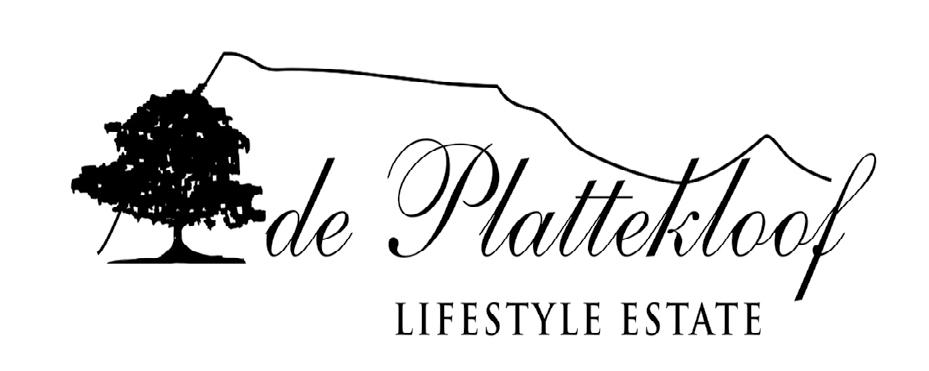
IRENE PORTER PROPERTIES

Simon’s Town Office 021 786 3947
Debbie 073 140 2543
www.ireneporterproperties.co.za
DOGON GROUP PROPERTIES
Southern Suburbs, Claremont Office 021 671 0258

southernsuburbs@dogongroup.com
www.dogongroup.com
PETER MASKELL AUCTIONEERS

KZN
Office: 033 397 1190
Email: info@maskell.co.za
www.bidlive.maskell.co.za
MURAMBI HOUSE
Wynberg Office
murambihouse@telkomsa.net
www.murambi.co.za

DOGON GROUP PROPERTIES




Western Seaboard
Office: 021 556 5600 or 021 433 2580
enquiries@dogongroup.com
www.dogongroup.com
VAN’S AUCTIONEERS
Gauteng Office 086 111 8267
www.vansauctions.co.za
www.iolproperty.co.za











